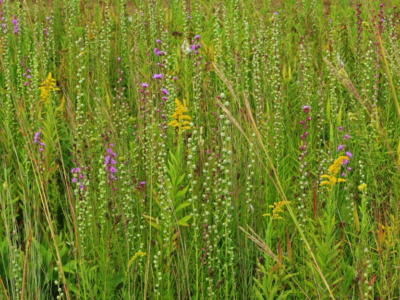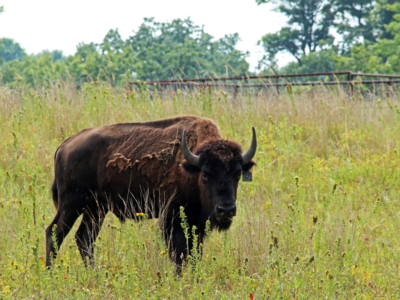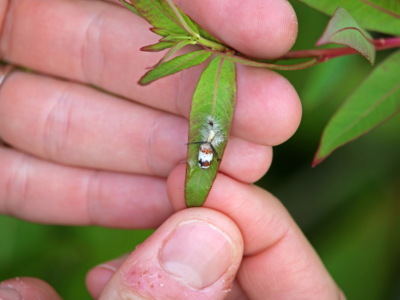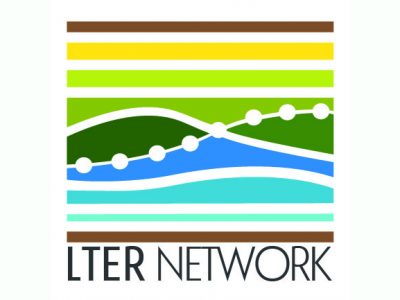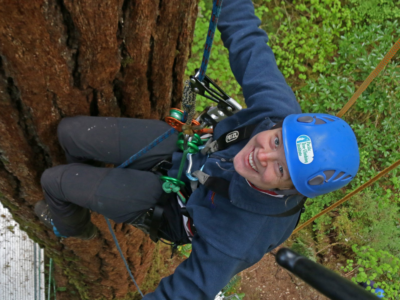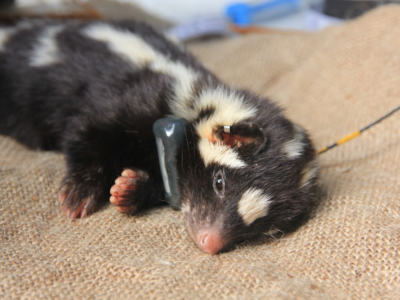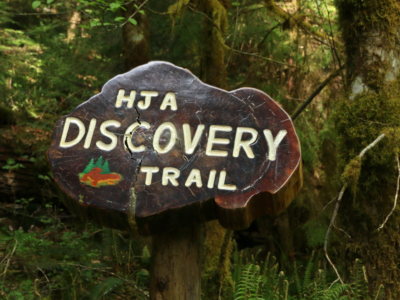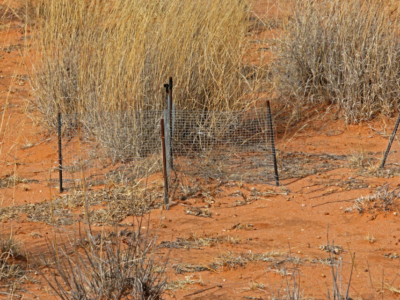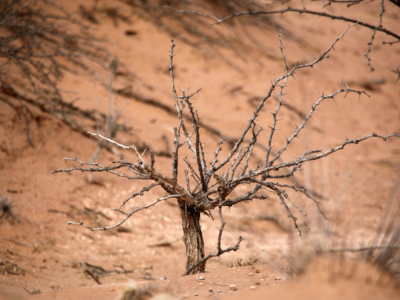LTER Road Trip: Looking into the New Mexico Future
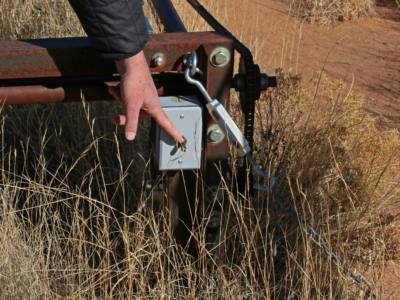
At night, 10 m x 10 m sliding screens come alive in New Mexico’s Sevilleta National Wildlife Refuge (NWR). Across the refuge’s grass and shrubland regions, the screens roll across metal rectangles, trapping heat from the day and raising the temperature of the ground. Back at computers in Albuquerque, Sevilleta LTER researchers monitor their equipment,… Read more »

